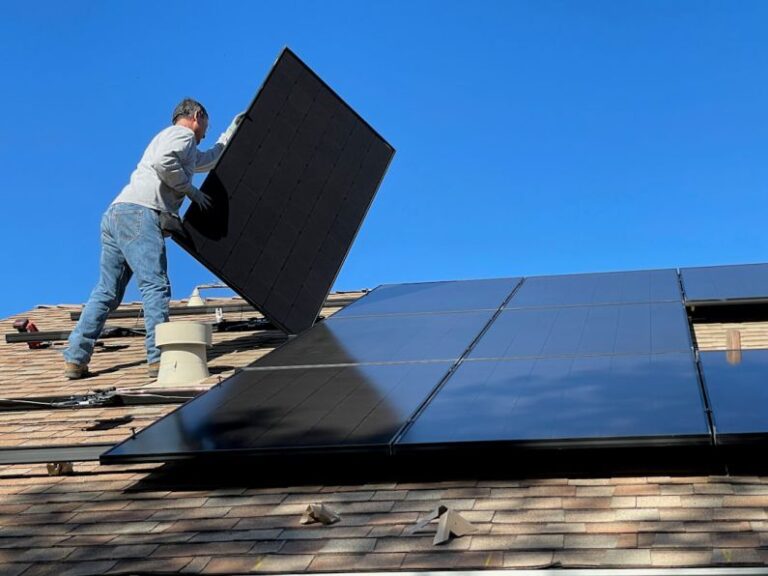
In today’s world, where energy conservation is becoming increasingly important, choosing energy-efficient appliances is crucial for both the environment and your wallet. Energy-efficient appliances not only help reduce your carbon footprint but also save you money on your energy bills in the long run. With a wide range of appliances available on the market, it can be overwhelming to navigate through the options. This article will provide you with practical tips on how to choose energy-efficient appliances that align with your needs and preferences.
Understanding Energy Efficiency Labels
When shopping for appliances, one of the first things to look for is the energy efficiency label. These labels provide valuable information about the appliance’s energy consumption and efficiency. The most common energy efficiency labels include Energy Star in the United States, EU Energy Label in Europe, and MEPS in Australia. These labels often use a rating system that ranges from A+++ (most efficient) to D (least efficient). Opting for appliances with high energy efficiency ratings can significantly reduce your energy consumption over time.
Consider the Size and Capacity
When selecting energy-efficient appliances, it’s essential to consider the size and capacity that best suits your household’s needs. Choosing an appliance that is too large for your needs can lead to unnecessary energy consumption. On the other hand, selecting an appliance that is too small may result in overworking the appliance, causing it to consume more energy. Before making a purchase, evaluate your household’s requirements to determine the appropriate size and capacity for each appliance.
Look for Energy-Saving Features
Modern appliances often come equipped with energy-saving features that can help reduce energy consumption. Look for appliances with features such as automatic shut-off, programmable settings, and energy-saving modes. For example, refrigerators with adjustable temperature settings and freezers with frost-free capabilities can help optimize energy efficiency. Additionally, washing machines and dishwashers with eco-friendly cycles can save both water and energy during operation.
Invest in Smart Appliances
Smart appliances are revolutionizing the way we interact with our household devices. These appliances are equipped with advanced technology that allows you to monitor and control them remotely using your smartphone or tablet. Smart appliances often come with energy-saving features such as energy usage tracking, scheduling options, and remote diagnostics. By investing in smart appliances, you can optimize energy efficiency and reduce your overall energy consumption.
Choose Energy-Efficient Cooking Appliances
Cooking appliances such as ovens, stoves, and microwaves are essential components of any kitchen. When selecting cooking appliances, opt for models that are energy-efficient and offer innovative cooking technologies. Induction cooktops, for example, are more energy-efficient than traditional gas or electric cooktops. Additionally, convection ovens use fans to circulate hot air, reducing cooking time and energy consumption. By choosing energy-efficient cooking appliances, you can save energy while preparing delicious meals for your family.
Maintain Your Appliances Regularly
Regular maintenance is key to ensuring the optimal performance and energy efficiency of your appliances. Simple tasks such as cleaning filters, defrosting freezers, and checking seals can help improve the efficiency of your appliances. Additionally, scheduling professional maintenance services for your appliances can identify and address any potential issues that may impact energy efficiency. By taking care of your appliances, you can extend their lifespan and maximize their energy-saving capabilities.
Incorporate Energy-Efficient Lighting
In addition to choosing energy-efficient appliances, incorporating energy-efficient lighting in your home can further reduce your energy consumption. LED and CFL light bulbs consume less energy and last longer than traditional incandescent bulbs. By replacing outdated light fixtures with energy-efficient alternatives, you can lower your electricity bills and create a more sustainable living environment. Additionally, consider installing motion sensors and dimmer switches to optimize energy usage in different areas of your home.
Conclusion:
Choosing energy-efficient appliances is a proactive step towards reducing your environmental impact and saving money on your energy bills. By understanding energy efficiency labels, considering size and capacity, looking for energy-saving features, investing in smart appliances, choosing energy-efficient cooking appliances, maintaining your appliances regularly, and incorporating energy-efficient lighting, you can create an energy-efficient home that benefits both your wallet and the planet. Prioritize energy efficiency when shopping for appliances to make a positive impact on your household’s energy consumption and contribute to a greener future.





